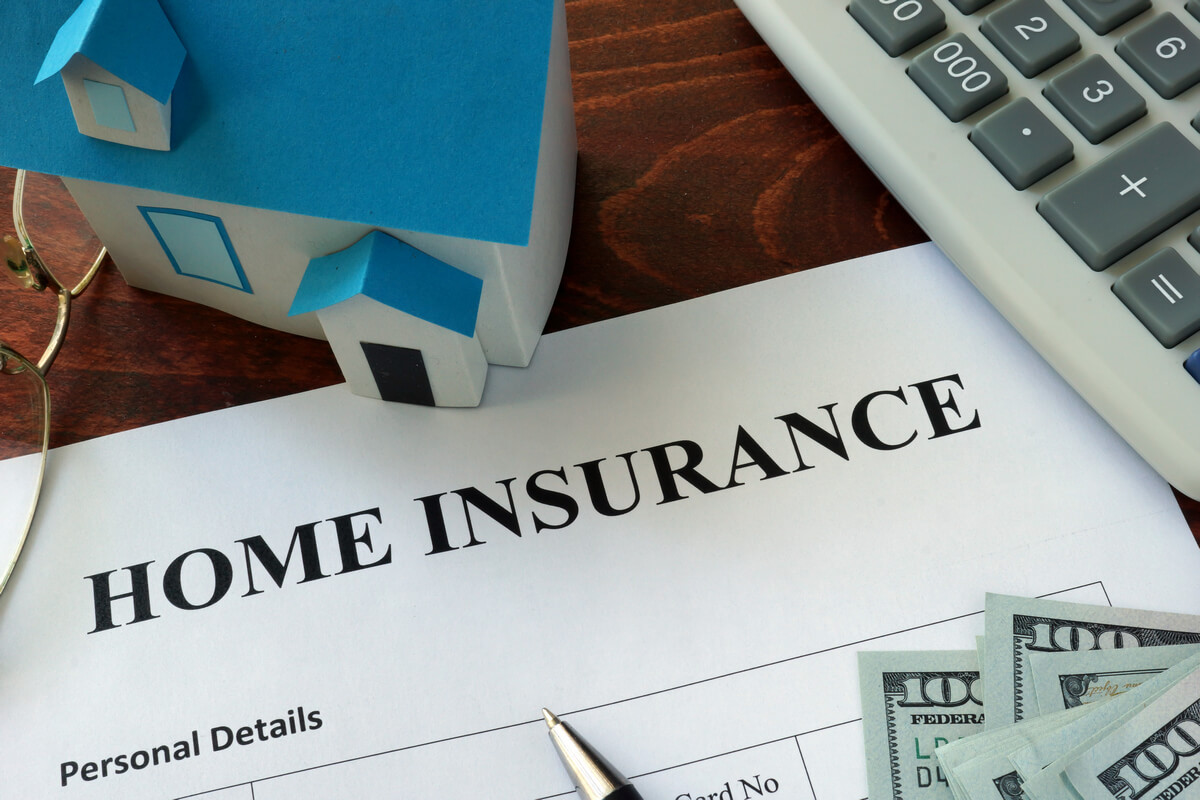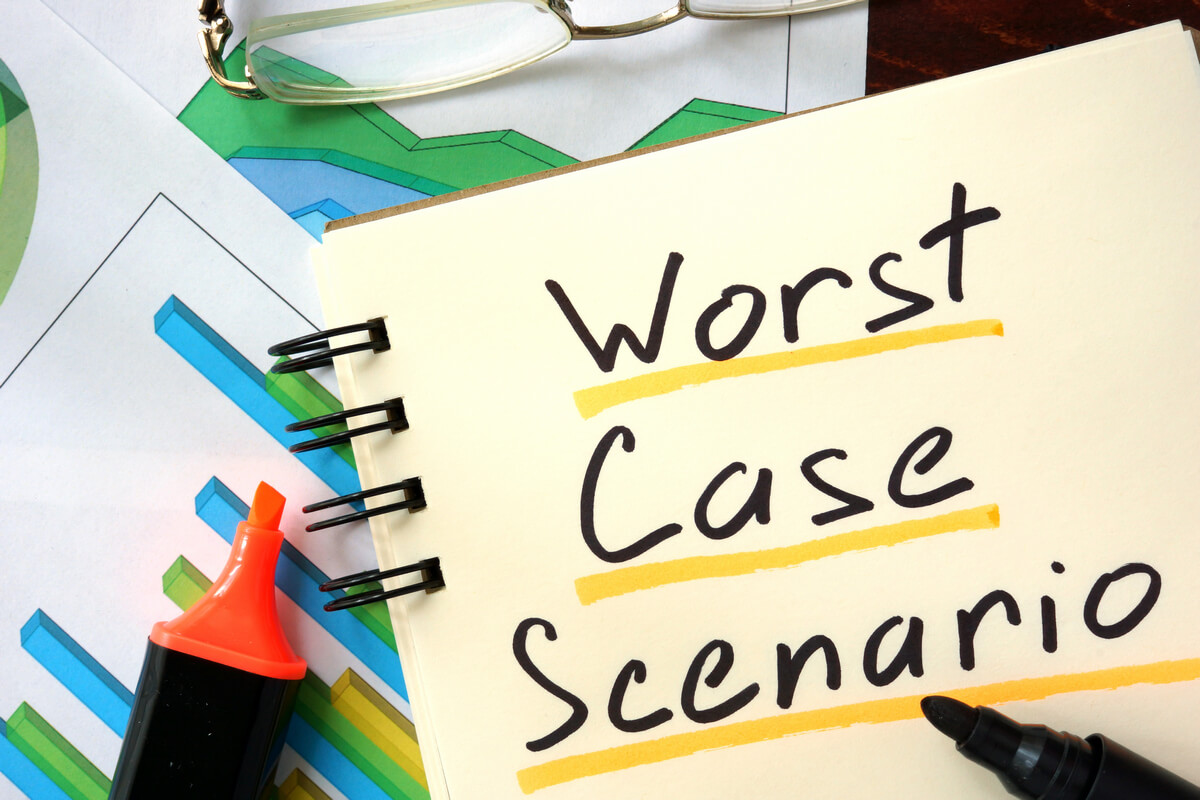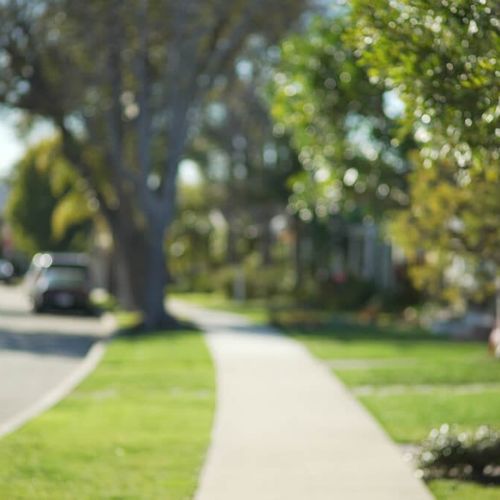Homeownership comes with a number of important expenses, and one that you should never overlook is homeowners insurance. The monthly cost of a policy is much lower than your mortgage or property tax, but it can save you thousands or tens of thousands of dollars in the event of an emergency.
There are certain standards that most homeowners insurance policies meet, but not all are the same. To get the best deal on your insurance, you need to find a policy that offers reasonable coverage for everything of priority to you but doesn’t charge extra for anything unnecessary.
You may have to look into several insurance companies before you find the right fit, but being patient will get you the best results. If you’re a homeowner, you should know why homeowners insurance is so important, what you should and shouldn’t expect to be covered, and how you can find the right policy for your home.

The Importance of Homeowners Insurance
You can never predict what will happen to your home, and homeowners insurance provides a vital source of financial security. Theft, severe weather damage, a personal liability lawsuit, and a number of other hardships could happen to anyone. Dealing with these issues is difficult enough without considering the financial loss, so insurance prevents a bad situation from becoming even worse.
In most cases, mortgage lenders require that borrowers have some amount of homeowners insurance. You will likely have to provide proof of insurance before your mortgage is approved. If you don’t get a homeowners insurance policy, your lender may buy insurance on your behalf and charge you for the policy.

What Is and Isn’t Covered
Not all homeowners insurance policies cover exactly the same damages, but there are a few basics that are almost always included. Typically, homeowners insurance covers damage due to fire, storms, and vandalism, so if your home is damaged during one of these events, your insurance provider will fund the repairs. Damage from flooding and earthquakes usually isn’t covered, so you may need a separate policy if you live in an area at a high risk of these disasters.
Homeowners insurance often covers both the home itself and the items inside. However, there is a limit to how much coverage you can get for your belongings, so a separate policy may be wise if you have a lot of valuable possessions.
Most policies include personal liability coverage to protect you if someone is injured on your property. For example, if someone slips and falls in your driveway and sues you, your insurance provider will fund your legal expenses and cover the person’s medical expenses.

Types of Coverage
There are eight types of homeowners insurance that vary in the amount of coverage they offer and the specific situations or types of damage they cover. The most common type of homeowners insurance is HO-3, which provides fairly thorough coverage at a reasonable cost.
The eight types of insurance can be sorted into three broader categories: actual cash value, replacement cost, and guaranteed replacement cost. Actual cash value policies cover the value of your home and belongings after depreciation. With these policies, you may not be reimbursed for the full amount that you spent on your home or possessions if your insurance company determines that the items have decreased in value since you bought them.
Replacement cost policies cover the cash value of your home and belongings without considering depreciation. With a replacement cost policy, you can expect to be reimbursed for the amount that you spent on the items regardless of whether or not they have decreased in value.
A guaranteed replacement cost policy is the most expensive but most thorough type of coverage. This policy will pay for the cost of repairing your home and replacing your possessions even if the expenses exceed your policy limit.
How to Choose the Best Policy
Here are five tips for selecting the right homeowners insurance policy:

1. Look into your mortgage lender’s requirements.
Mortgage lenders almost always require borrowers to have homeowners insurance because it provides an important layer of financial protection. Your lender might have specific requirements for what must be covered under the policy or for the amount of coverage provided. Use your lender’s guidelines as a baseline when shopping for homeowners insurance, but remember that you can get additional coverage as well.

2. Consider your location.
It’s impossible to predict the future, but certain areas are more prone to specific issues than others. Think about the most common natural disasters in your region that might affect your home. For example, if you live somewhere that regularly experiences hurricanes or flooding, it may be wise to invest in flood insurance in addition to your regular homeowners insurance policy.

3. Think about the worst case scenario.
To determine how much coverage you need, consider what may happen if your home is severely damaged. Do you have an emergency fund that will help you pay for repairs out-of-pocket? Will losing your possessions financially devastate you? Understanding what you can and can’t handle out-of-pocket in the event of a disaster will help you decide on the amount of coverage you’ll need to feel secure.

4. Get at least five quotes.
Researching insurance companies and policies takes time and patience, but it’s the best way to get a competitive deal. Try to get quotes from a variety of insurance providers, including smaller local businesses and larger corporations. Then, compare the monthly rate, the amount of coverage, and the deductible for each quote. You may be surprised at how much the quotes can differ.

5. Consider customer service.
The type of customer service you’ll receive may vary depending on the size and location of your insurance company. If you prefer more personalized customer service with a smaller team, a local company is probably your best option. When you work with a small insurance firm, you can get to know the staff over time, and you can meet with them in-person if you have a concern. If you’d rather work with a company that allows you to file claims online or call at any time, a larger insurance provider may be better.
Hopefully, you’ll never have to use your homeowners insurance for a major claim. However, your policy provides a critical safeguard against damage, destruction, and theft. Choosing the right homeowners insurance will give you peace of mind. Take your time when researching insurance companies, be sure that your policy covers your most important possessions, and don’t hesitate to reach out to an expert if you have any questions or concerns.
————————
Michael Carr is the Co-Founder & COO of BrandFace, LLC. He is also a real estate branding expert and international bestselling author. As America’s Top Selling Real Estate Auctioneer, he has sold billions of dollars in commercial and residential properties.







